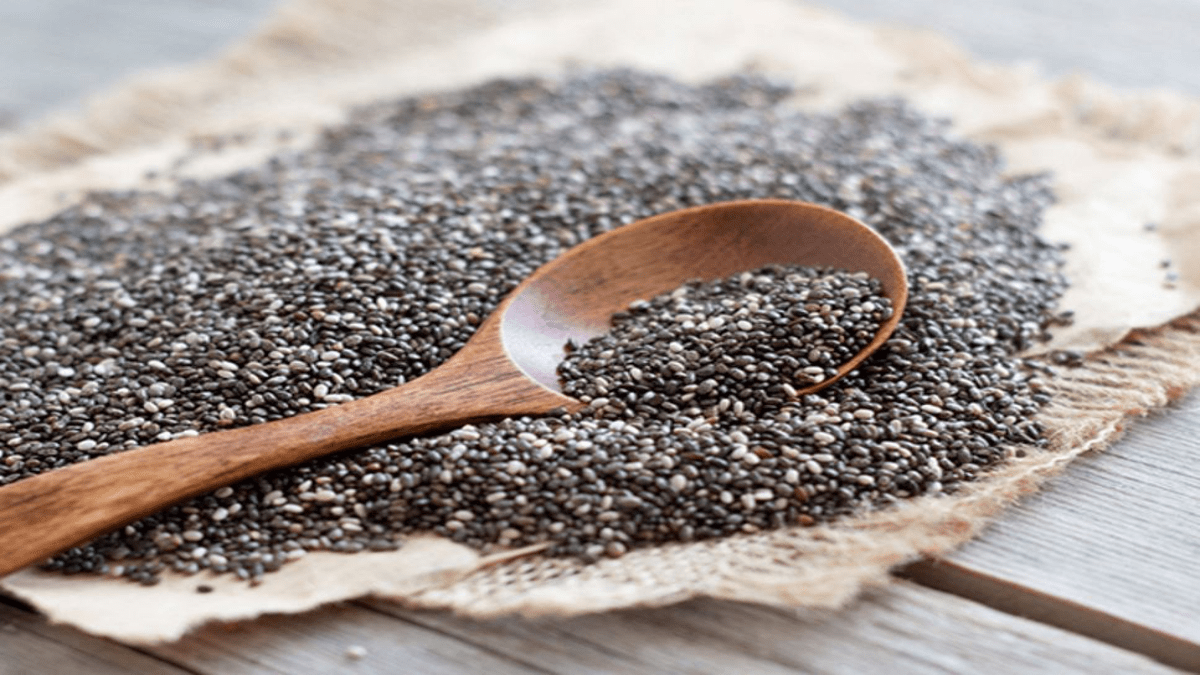Chia seeds, originating from the Salvia hispanica plant, have earned their reputation as a nutritional powerhouse over the years. These tiny seeds, once a staple in ancient Mayan and Aztec diets, have made a significant comeback in modern times due to their impressive nutrient profile and versatile culinary applications. In this article, we’ll explore what chia seeds are and delve into the numerous health benefits that have contributed to their widespread popularity.
What Are Chia Seeds?
Chia seeds are small, oval-shaped seeds that come from the flowering plant Salvia hispanica, which is a member of the mint family. Native to Central and South America, chia seeds have been cultivated and consumed for centuries, prized for their rich nutritional content and adaptability in various culinary preparations.
Nutritional Profile of Chia Seeds:
- Omega-3 Fatty Acids: Chia seeds are a remarkable plant-based source of omega-3 fatty acids, specifically alpha-linolenic acid (ALA). Omega-3 fatty acids play a crucial role in supporting heart health, reducing inflammation, and contributing to overall well-being.
- Protein: Despite their small size, chia seeds pack a significant protein punch. They are an excellent source of plant-based protein, making them a valuable addition to vegetarian and vegan diets.
- Fiber: Chia seeds are rich in dietary fiber, with both soluble and insoluble fiber content. This fiber contributes to improved digestion, helps regulate blood sugar levels, and supports a healthy gastrointestinal system.
- Antioxidants: Chia seeds contain antioxidants that help combat oxidative stress and inflammation in the body. These antioxidants contribute to overall cellular health and may play a role in disease prevention.
- Minerals: Chia seeds are a good source of essential minerals, including calcium, phosphorus, magnesium, and manganese. These minerals are crucial for bone health, energy metabolism, and overall nutrient balance.
- Vitamins: Chia seeds contain various vitamins, including vitamin B, which is essential for energy production, and vitamin E, known for its antioxidant properties.
- Hydration Properties: Chia seeds have a unique ability to absorb liquid and form a gel-like consistency. This property contributes to their use in hydration and may help maintain optimal fluid balance in the body.
Health Benefits of Chia Seeds:
- Heart Health: The omega-3 fatty acids in chia seeds contribute to heart health by reducing inflammation, lowering blood pressure, and supporting overall cardiovascular function.
- Digestive Health: The high fiber content in chia seeds promotes digestive health by preventing constipation, supporting regular bowel movements, and fostering a healthy gut microbiome.
- Weight Management: Chia seeds’ combination of fiber, protein, and the ability to absorb liquid can contribute to a feeling of fullness, potentially aiding in weight management by reducing overall calorie intake.
- Blood Sugar Regulation: The soluble fiber in chia seeds may help regulate blood sugar levels by slowing the absorption of glucose. This can be particularly beneficial for individuals managing diabetes or those looking to stabilize energy levels.
- Bone Health: Chia seeds provide essential minerals like calcium and phosphorus, contributing to bone health. These minerals are vital for maintaining strong and healthy bones.
- Energy Boost: The nutrient-rich composition of chia seeds, including protein, healthy fats, and carbohydrates, makes them a natural energy booster. Consuming chia seeds can provide a sustained release of energy throughout the day.
- Anti-Inflammatory Properties: The antioxidants in chia seeds help combat inflammation in the body, potentially reducing the risk of chronic diseases associated with prolonged inflammation.
How to Incorporate Chia Seeds into Your Diet:
- Chia Puddings: Combine chia seeds with your favorite milk or plant-based alternative, sweeten to taste, and refrigerate overnight for a delightful chia pudding.
- Smoothies: Add a spoonful of chia seeds to your favorite smoothie for an extra nutritional boost and a thicker texture.
- Oatmeal and Cereals: Sprinkle chia seeds over your morning oatmeal or cereal for added crunch, texture, and nutritional value.
- Yogurt Parfaits: Layer chia seeds between yogurt and fruits for a nutrient-rich and satisfying parfait.
- Baked Goods: Incorporate chia seeds into muffin or pancake batter, or mix them into bread dough for a healthier twist.
- Salads: Sprinkle chia seeds over salads to enhance both texture and nutritional content.
- Hydration Drinks: Add chia seeds to water, iced tea, or fruit-infused drinks for a visually appealing and hydrating experience.
Chia seeds, with their rich nutrient profile and versatile culinary applications, have rightfully earned their status as a superfood. From supporting heart health to aiding digestion and providing a natural energy boost, chia seeds offer a myriad of health benefits. Incorporate them into your diet creatively to harness their nutritional power and elevate your overall well-being.

